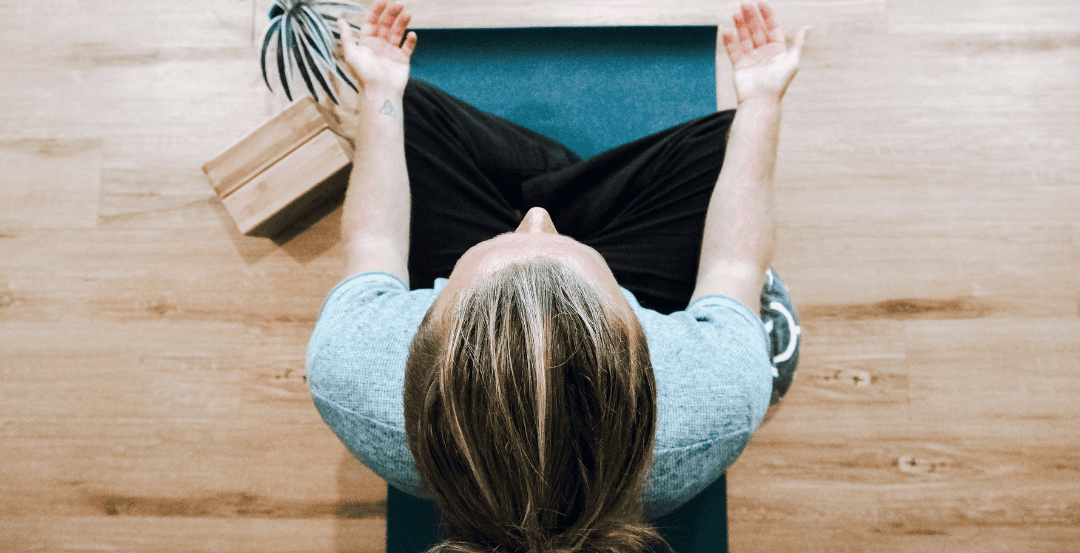Do you want to avoid nerves? To prevent this from becoming a serious problem at exam time, the best thing to do is to choose to use relaxing techniques before an exam, by doing so, you will see how you will perform better, relieving the whole academic burden.
For all students the exam season is the most stressful time, where we go through constant stress, after feeling the tension of overcoming the pressure of various academic tests, which to generate concern, trigger problems throughout the body, directly affecting the nerves, and in the worst cases, create anxiety.
Here are some fabulous techniques that will help you to combat not only anxiety, but also the strong feelings of emotion and fear that tend to put our stability and knowledge at stake when we start taking an exam.
With our help, you won’t let your emotions get the better of you. By applying the techniques we will provide you with, you will improve your teaching performance incredibly.
Usually many people stop sleeping and eating because they have to study to improve their grades, so stay and learn about the relaxing techniques for students that we will teach you.
Prepare for the test
We often think that all we have to do is study and then we will be ready for an exam.
Although this is the most important thing to do, it is necessary to do some mock exams (individually or in groups) to practice.
It is best to ask someone you trust to listen to you and ask questions randomly.
Similarly, days before the exam you can practise your emotions, trying to remember how you used to feel when taking exams.
Preparing emotionally is vital, as is analysing all the content, allowing you to solve various problems.
Rehearse thinking positively
It is normal that one of the main fears when taking an exam is thinking about what will happen if we don’t pass the exam, chances of losing the year, or worse, disappointing our parents.
Having this distrust, we can immediately start a process of anxiety, where we will obviously be nervous and terrified of the questions that will be asked.
So to avoid being in this position, the best thing to do is to think that we will succeed and get an excellent grade, and by doing so, we will surely succeed in the test.
Practice strategies to control your nerves
If there is something that is important to learn to put into practice, it is techniques to control your nerves. The best way to do this is to visualise the moment in your imagination and then do a mock exam.
If you get nervous when you try to do this, start breathing exercises and try to relax again.
When you can’t control your nerves, the best thing to do is to stop and go for a walk, so that when you return you can try again.
If you concentrate on your nerves and reduce the feeling of anxiety a little, everything will be much easier.
Another way to start is to breathe for 8 to 10 minutes, which will lower your nerves, just as mercury thermometers tend to do.
Get organised before the test starts
If it is time for the exam, we recommend that you first do some relaxation techniques such as breathing exercises. After that, always think positively and consider that everything will be great, remember that encouraging yourself is the best help you can give yourself.
After doing this, you should have relaxed enough, so read the test instructions and divide the time, trying not to overwhelm yourself.
If you notice that a question is too difficult, answer it and then go over it again at the end.
We recommend that you start with the easiest questions, or those that you know very well, leaving the more complicated ones until the end.
When you answer the questions you do know, you will be filled with energy, which will help you to be more in control.
If things are not as you thought, it’s not the end of the world.
Although exams and other tests are a great responsibility for all students, they are also a major source of stress and anxiety.
If things don’t go your way, it’s not the end of the world, but you should keep this in mind to avoid further anxiety in the future.
If you become obsessed with the results of the test, you will only get negativity.
In an exam you will always be the most important thing. After that, the exam, so try to study and memorise very well, but above all, to control your anxiety.
Eat well
You need to eat very well every day, starting an exam on an empty stomach is not the best idea.
Remember that eating will be your main source of fuel for the day to day. If you eat well, your neurons will have the necessary connections to remember what you have already studied.
What is not recommended is to drink «energy» drinks, coffee, sweets or liquor, because they may help you at the moment, but they always have side effects.
Jacobson’s Technique
Popularly known as progressive muscle relaxing techniques. It was designed to be applied in different phases, such as tensing your hamstrings to the maximum, then tensing the frown for 5 seconds, relaxing the muscles for at least 10 seconds, sitting upright and then straight, not bending your legs and placing your hands on your thighs.
By doing all this, you may distract your mind a little and make it easier to answer the exam.
We hope these 7 relaxing techniques for exams have been helpful to you. These techniques can help you not only to combat the nerves that the test will generate, but also the pressure of competition among those who want to achieve the best marks.
¡Haz click para puntuar esta página!
Es muy importante para nosotros que puntúes nuestro trabajo para poder seguir mejorando. Tus opiniones ayudan al resto de estudiantes a encontrar nuestra página web.






